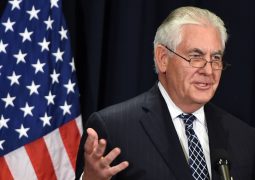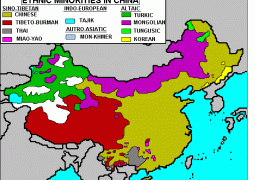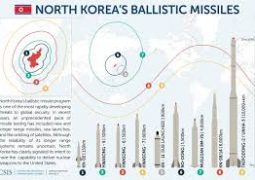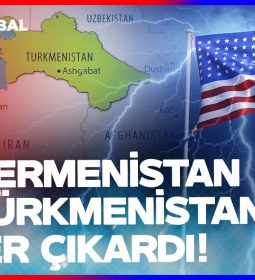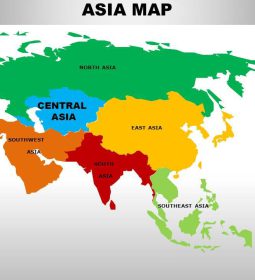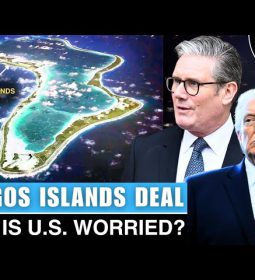Hong Kong reset: what expects world community!? The China’s national security law for Hong Kong

Japan expresses dismay as EU ‘deplores’ passage of new law, prompting China to denounce interference in its affairs.
Police detain pro-democracy protesters during a rally at a shopping mall in Hong Kong, China, on June 30, 2020 [Jerome Favre/ EPA]
China’s a national security law for Hong Kong has drawn statements of deep concern from abroad and a firm defence at home.
Details of the law – which comes in response to last year’s sometimes-violent pro-democracy protests in the city – are due out later on Tuesday.
China says the law is necessary to deal with separatism and foreign interference in the semi-autonomous territory, but critics say it will outlaw dissent and destroy the autonomy promised when Britain handed the territory to Beijing in 1997 under a “one country, two systems” framework.
Here’s a roundup of reactions to the law’s passage.
Japan
“It is regrettable that the national security law was enacted despite strong concerns shared among the international society and the people of Hong Kong,” Japanese Foreign Minister Toshimitsu Motegi said.
“It will undermine trust for the principle of ‘one country, two systems.’ ”
United Kingdom
“We are deeply concerned by unconfirmed reports that Beijing has passed the national security law. This would be a grave step,” British Foreign Secretary Dominic Raab said.
“Once we have seen the full legislation, we will make a further statement.”

European Union
“This law risks seriously undermining the high degree of autonomy of Hong Kong and having a detrimental effect on the independence of the judiciary and the rule of law,” said European Council President Charles Michel. “We deplore this decision.”
Hong Kong
“It will only target an extremely small minority of people who have breached the law, while the life and property, basic rights and freedoms of the overwhelming majority of Hong Kong residents will be protected,” Hong Kong leader Carrie Lam said.
“The legislation will not undermine ‘one country, two systems’ and Hong Kong’s high degree of autonomy.”

Mainland China
“This issue is purely China’s internal affairs, and no foreign country has the right to interfere,” foreign ministry spokesperson Zhao Lijian said.
“The Chinese government is unswervingly determined to safeguard the interests of national sovereignty, security and development, to implement the ‘one country, two systems’ policy, and to oppose any external force interfering in Hong Kong affairs.”
Taiwan
“China promised that Hong Kong would remain unchanged for 50 years. The adoption of the National Security Law makes people feel that this commitment is indeed a blow to public confidence,” Taiwanese President Tsai Ing-wen said.
“We are disappointed that China cannot fulfill its commitments, which also proves that the ‘one country, two systems’ is not feasible.”
- Previous Is another Naqba misery for palestinians ready: Israeli settlers back annexation, oppose Palestinian state
- Next Guessing about future of Hong Kong with enactment of a new security law




